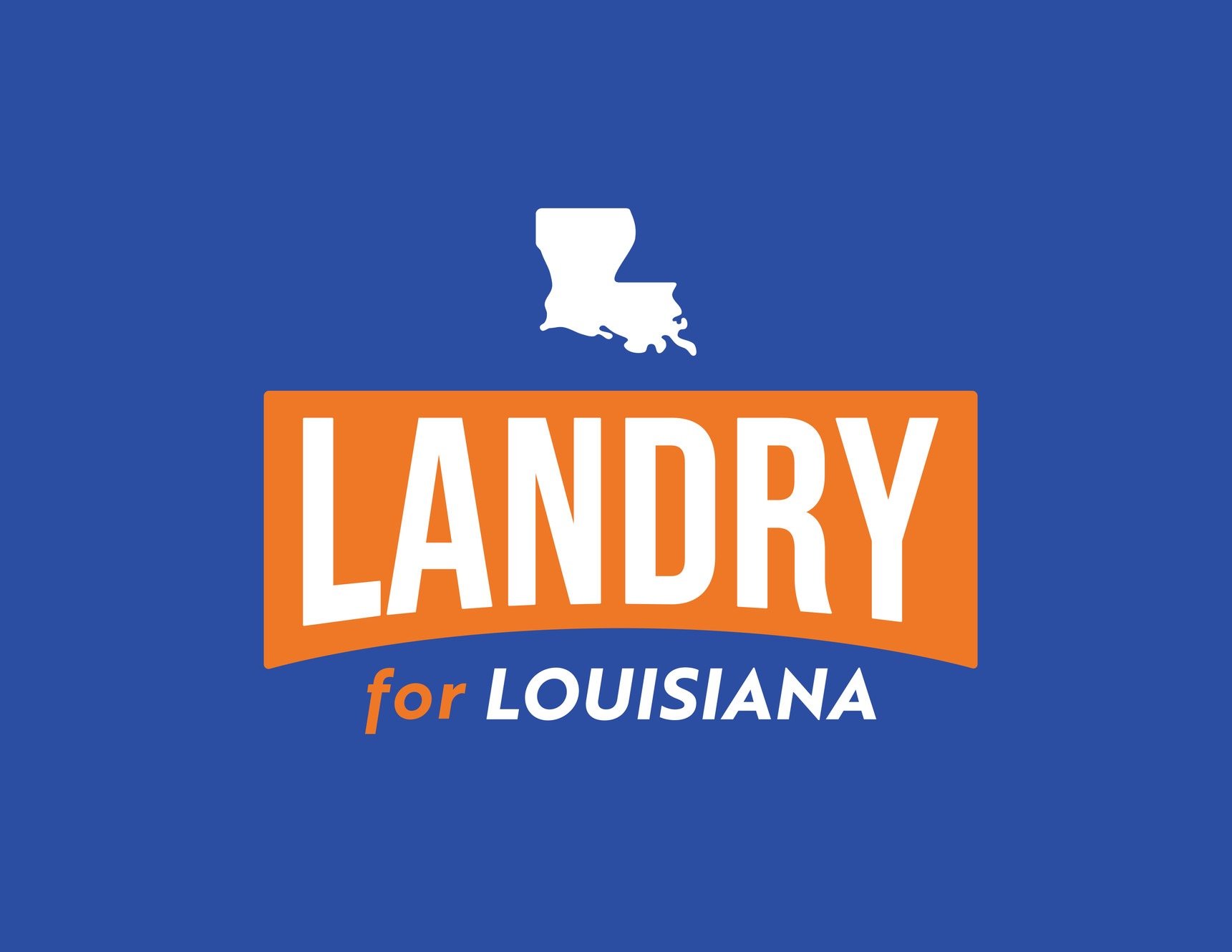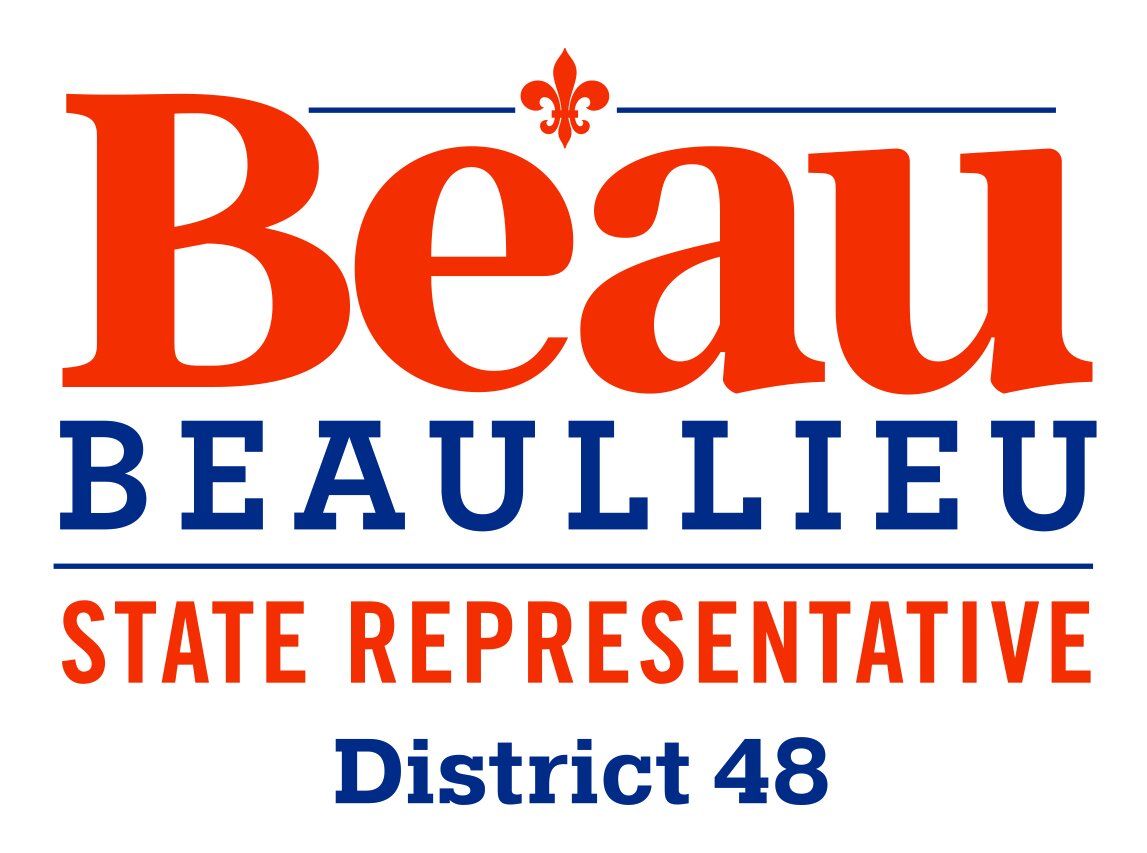Our Big Tech Censorship Case at the Fifth Circuit
It may be hard to believe that there are people in their thirties and forties who can recall a time before the Internet. Yet in this small window of time, we have witnessed a complete evolution of communication online, especially when it comes to individuals with a certain level of experience or passionate curiosity transformed into action. That’s why, at the same time Yahoo!, eBay, Google, and PayPal were being created, we also saw the rise of the online freelancer, the blogger, the digital business owner, the social media community founder, and the thought leader. The glue holding this together has always been the freedom of ideas and their expression.
Amazon outwitted Sears by creating a catalogue of products online; but it wasn’t books, supplements, or random life hack gadgets that made it a monolith of the digital sphere. It was the fact that Amazon’s algorithm favored highly niche interests, connecting shoppers with specific books, ideas, and tools they could never purchase at their local shop. That’s why brick and mortar businesses have struggled to compete: they lack infinite shelf-space and rely on mainstream hits. Not so with the Internet; the digital sphere favors the obscure and hard-to-find. However, it is precisely that ability to veer towards personal niche rather than mainstream opinion that has made the Internet a marketplace of thought.
Even more appealing was the fact that you no longer needed to wait for the evening news to learn about major events. Chances are, someone was tweeting or live streaming in real time, having the advantage of already being on the scene. You no longer had to depend on pundits force feeding you analysis on current events within a limited scope — you had access to a sea of experts presenting their research online. And you no longer had to wait for someone to tell you how to think or what was important — you could figure it out for yourself. Simply by being curious, you could use the cellphone in your pocket to expand your knowledge, worldview, and perspective far better than any school, with an education personally tailored for and by you.
That is what the Biden Administration has deliberately tried to take away from you, claiming your mental capacity as their “cognitive infrastructure.” Through pervasive censorship efforts, they have attempted to destroy your freedoms of thought, learning, and speech enabled by the Internet. Biden’s bureaucrats have coerced, encouraged and even threatened social media companies to create more restrictive policies, enforce them more aggressively, silence entire topics, and deplatform certain speakers — all in the name of control. And the major social media companies reluctantly complied.
The example given at the Fifth Circuit Court of Appeals by my Special Assistant Attorney General John Sauer was this: Imagine if the White House press secretary stood at the podium and demanded that all major booksellers remove and burn books that criticized the Administration, or the federal government would destroy their business. And what if, at the same time, those booksellers were getting relentless emails from the FBI and White House staff with encrypted lists of books to be burned and constant pressure to get it done? That is exactly what happened here; but the bonfires were digital and unrestricted, scorching everything from parody to scientific findings that refuted a government narrative.
This is why our case against the federal government is so very important, not just to the people of Louisiana or Missouri but to all Americans. Could you imagine if Thomas Paine or Thomas Jefferson had been censored? What about Paul Revere? (You can research and debunk that thanks to the Internet.) What is an American if not someone who believes freedom of speech and thought is their birthright? Aren’t Americans meant to be individualists?
That is what’s at stake should the bureaucrats win this case, because it will determine what freedom of speech looks like in the digital age, who among us should have it — and why. Will we have a golden age of ideas and individualism envisioned by the early days of the Internet, or will we be dragged back into the narrow minded past because the bureaucratic elite couldn’t tolerate freedom of thought or the competition of ideas?
The panel of judges at the Fifth Circuit will now decide this. However, the Constitution is clear, our evidence is damning, and we fully expect to win this battle in the end — because these are the challenges that define a Nation, not by how we struggle but in how we overcome.
Jeff Landry
Louisiana Attorney General







